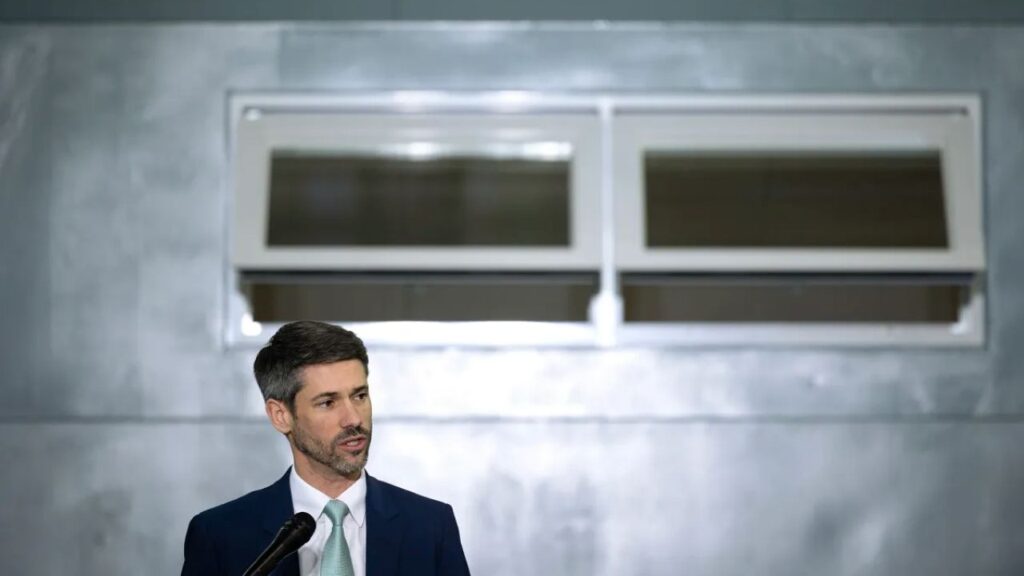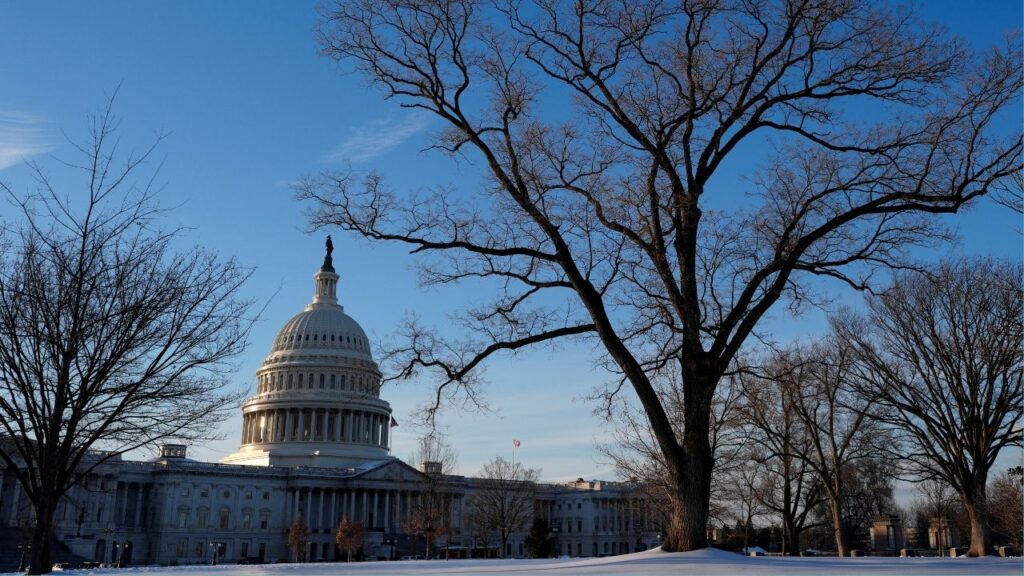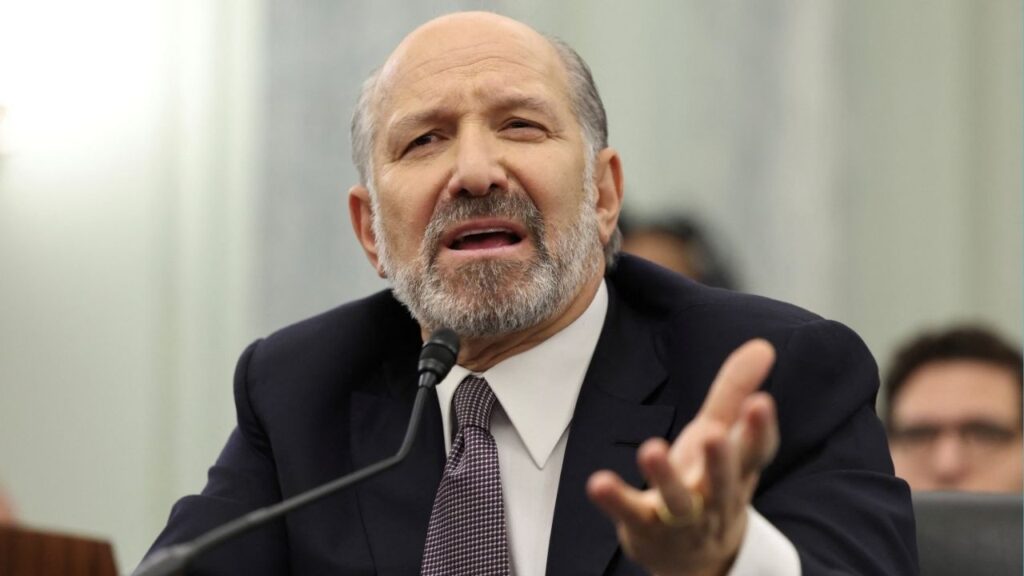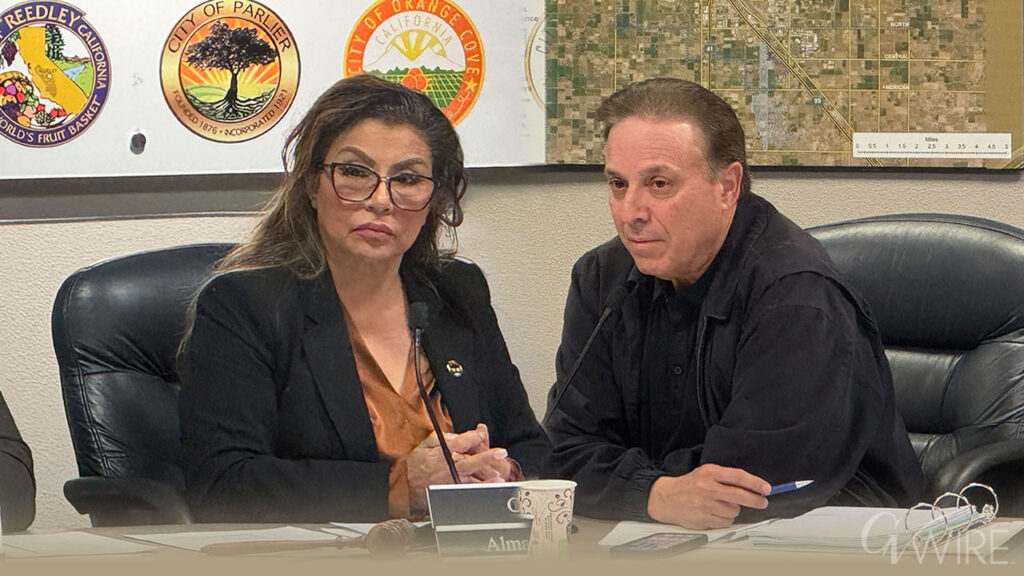Share
LONDON — Prime Minister Boris Johnson warned Britons on Tuesday that they should not expect to return to a normal social or work life for at least six months, as he ordered new restrictions that his government hopes will suppress a dramatic surge in confirmed coronavirus cases.
Saying Britain must act now or face a huge second wave of COVID-19, Johnson announced a package of new restrictions that includes requiring pubs, restaurants and other entertainment venues in England to close down between 10 p.m. and 5 a.m. and urging people to work from home where possible.
Johnson had encouraged workers just weeks ago to go back into offices to keep city centers from becoming ghost towns, and he expressed hope that society could return to normal by Christmas. In a stark change of tone, he said Tuesday that “for the time being, this virus is a fact of our lives.”
“We will spare no effort in developing vaccines, treatments and new forms of mass testing, but unless we palpably make progress, we should assume that the restrictions I have announced will remain in place for perhaps six months,” Johnson told lawmakers in the House of Commons.
The announcement came a day after the government’s top scientific and medical advisers said new coronavirus infections were doubling every seven days and could rise to 49,000 a day by mid-October if nothing was done to stem the tide.
On Monday, the government reported 4,300 new confirmed cases, the highest number since May and four times the number seen a month ago. Chief medical officers have raised the U.K.’s virus alert level from three to four, the second-highest rung, saying cases of COVID-19 were rising “rapidly and probably exponentially.”
The new restrictions require face masks to be worn in taxis as well as on public transport. The size of some gatherings is being curtailed, with weddings limited to 15 people instead of 30, and a plan to bring spectators back into sports stadiums starting in October is being put on hold.
The Measures Apply Only to England
Johnson did not reduce the number of people who can gather indoors or out, which remains at six.
The British government is also increasing the penalties for breaking the rules. People who breach orders to quarantine face fines of up to 10,000 pounds ($12,800) and businesses that breach “COVID-secure” rules can be shut down.
The measures apply only to England. Other parts of the U.K. introduced similar curbs, but some went further in limiting social interactions.
Scottish First Minister Nicola Sturgeon, who has often struck a more cautious note than Johnson during the pandemic, said that with a few exceptions, people would be barred from visiting others’ homes, and car-sharing would be discouraged.
Sturgeon said the measure would be reviewed every three weeks but “may be needed for longer than that.” She said she hoped it would be less than six months.
The new restrictions outlined by Johnson are less stringent than the nationwide lockdown imposed in March, which confined most of the population and closed most businesses. Britain eased its lockdown starting in June as cases began to fall, but that trend has now been reversed.
The prime minister said if the new curbs did not slow the outbreak, “we reserve the right to deploy greater firepower, with significantly greater restrictions.”
Still, some lawmakers from Johnson’s governing Conservative Party are uneasy about tightening restrictions on business and daily life, citing the impact on Britain’s already-reeling economy.
Most Epidemiologists Believe More Restrictions Are Again Necessary
To persuade people to stay home if they test positive for the virus, the government announced it would pay low-income workers 500 pounds ($639) if they are told to self-isolate for 14 days.
Businesses, especially in the areas of hospitality, sports and the arts, said they urgently needed support, too.
Kate Nicholls, chief executive of trade body UKHospitality, said before the announcement that the restrictions would be “another crushing blow” for many businesses.
But most epidemiologists believe more restrictions are again necessary and even worry that the government’s plans may not go far enough.
Polls suggest a majority of people in Britain support lockdown measures to contain the virus. But they also show that trust in the Conservative government’s handling of the pandemic has declined after troubles with testing, mixed messages on reopening and the U.K.’s high death toll.
Britain has the highest confirmed virus death toll in Europe, at 41,877 deaths, according to a tally by Johns Hopkins University. Experts say all such tallies underestimate the true number of deaths.
While ministers tout the record numbers of tests being performed, there are widespread reports of people having to travel hundreds of miles for tests or tests being voided because it’s taking labs too long to process them.
An app meant to bolster contact-tracing efforts is to be released this week after months of delay.
Jennifer Cole, a biological anthropologist at Royal Holloway University, said people’s behavior is “the biggest influence” on the spread of the virus.
“In essence, the government is saying, ‘Stay sober, stay sensible and the venues can stay open.’ It’s a carrot to encourage responsible behavior,” she said.


















